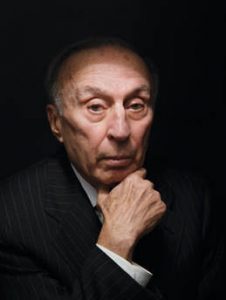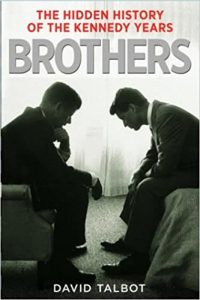Attorney and outspoken critic of the Warren Commission’s Report on the assassination of President John F. Kennedy, Vincent J. Salandria has died at his home in Philadelphia, PA. He was 92 years old.
“Vince Salandria is the greatest teacher we have on JFK. His False Mystery is our classic foundation for understanding President Kennedy’s assassination by his national security state for choosing peace. Read it and learn.”
—Jim Douglass, author, JFK and the Unspeakable
A fierce and formidable critic of the U. S. government’s version of the events surrounding the president’s murder, Salandria is rightfully considered one of the first and most influential citizen activists who sought to challenge the official version of events.
RELATED: False Mystery, Essays on the JFK Assassination by Vincent Salandria
RELATED: Vince Salandria: The JFK Conspiracy Theorist
AUDIO RECORDING: Gaeton Fonzi interviews Vincent Salandria (July 1966)
RELATED: Vincent Salandria at Sparticus





